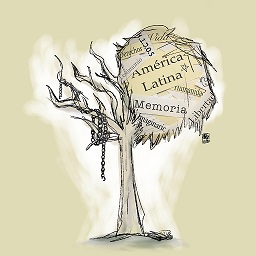Restos, sueños y fantasmas: la fragmentariedad como estrategia para narrar la ausencia
DOI:
https://doi.org/10.13130/2035-7680/15330Parole chiave:
Argentinian narrative; state violence; second generation; dreams; remains; phantasmatic dimension.Abstract
This paper analyzes Atravesando la noche (1996) by Andrea Suárez Córica, ¿Quién te creés que sos? (2012) by Ángela Urondo Raboy and Diario de una Princesa Montonera (2012) by Mariana Perez to explore the strategies of recovery of the recent past ligated with Argentina’s last military dictatorship from the perspective of “desaparecido”’s daughters. I focus on the analysis of three relevant figures in these narratives that are characterized by their fragmentation: the rest, the dream and the ghost as dimensions in which search, memory and disappearance intersect. The rest -in terms of mortal remains, textual fragment or remain of day- link two areas: the search for knowledge about the mother's life and the search for knowledge about her death, searches that occur in the meantime of a phantasmatic vision that reaffirms its condition of presence-absence based on disappearance as an enigma.




